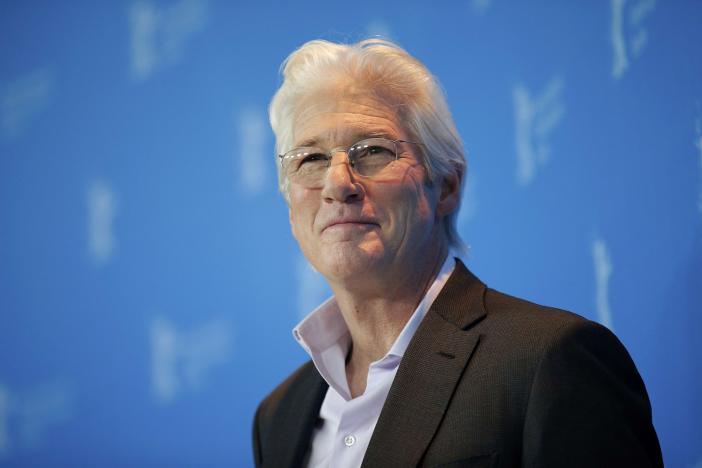
They call the peak Pir Ghar — the Saint’s Mountain — sometimes also pronounced Preghal for the shrine on its 3,515 metre-high, pine-clad peak is said to have been visited by the blessed Prophet Ismail. Since the prophet’s own birth was miraculous, his parents being of very advanced age when he was conceived, the peak is visited by couples seeking children.
I climbed the hill in June 2003, in the company of a two dozen-strong group of playful Mehsud youngsters armed to the teeth with weapons of all kinds. Led by the bearded and quiet Zahir Shah, none of them spoke anything but the local dialect of Pushto. They sang, whistled tunefully and joked, urging me on as we trekked up. Having flagged, at one point I was trailing behind my guides when I heard someone call out in Urdu.
Feroze Khan Mehsud, of smashing good looks, introduced himself as he came up lugging a sack of flour. Having retired after 18 years of service with the militia in Balochistan, he had returned home shortly before. As we walked the remaining distance together, he told me he had earlier left his family on the peak to retrieve the flour. This was going to last them the two nights they planned to camp on the peak to pray for a son.
By the time we made it to the top, my gang, having rested and caught their breath, were standing behind a low wall facing west. Their hands were raised in orison and, for the first time since we left their village Larimai four hours earlier, they sported serious countenances. Their prayers done, they reverted to their playful selves; stuffing the barrels of their AK-47s with the plentiful euphorbia blossoms and tucking them behind their ears.
From the hovel near the spot Feroze Khan’s brother and cousin prepared food, I heard the voices of women and children. Feroze had three daughters, but since that traditionally does not complete a family, he and his wife had come to pray for a son. A billy goat was already sacrificed and in the pot, our group was invited to partake of the food. Near the hearth lay the black-haired skin!
Feroze and I spoke of the sacrifice. If the prayer was to be accepted, the sacrifice must always be a black billy goat, he said. People had tried any old colour of goat but it had never worked. Black was the favoured colour here.
That brought us to the subject of the shrine that was just a low stone wall, behind which a worshipper stood facing west to say a short prayer. Why, I asked, was there no proper domed building? That, said Feroze, was against the norm of this holy mountain. It must never be corrupted with a shrine. The open to sky shrine and the sacrifice of the black goat were throwbacks to the ancient worship of Dharti Mata. Only, those who now resorted here to pray for sons did not know it.
I was sitting by the hearth watching them cook when Feroze Khan suggested I too should make a supplication. I went up to stand behind the wall with my hands in the posture of prayer and when I returned to my place by the fire, Feroze asked what I had prayed for. “For 1,000 years of peace on earth,” I said.
“By God! What a great thing you have asked!” Feroze Khan said. Then he raised up his own hands. The cherished son would come, that much he knew, for sacrifice and worship on Pir Ghar never failed anyone. Now it was time to reinforce my prayer.
Feroze Khan Mehsud was a remarkable man. For 18 years, he had been a militiaman fighting for the government when needed. But deep in his breast burnt a desire for peace — something one would not associate with a red-blooded Pushtun.
Sadly, my prayer was denied. Nine months after this adventure, in March 2004, the army moved in and South Waziristan became a war zone.
Published in The Express Tribune, March 26th, 2011.

1732271743-0/diddy-(45)1732271743-0-165x106.webp)










COMMENTS (8)
Comments are moderated and generally will be posted if they are on-topic and not abusive.
For more information, please see our Comments FAQ